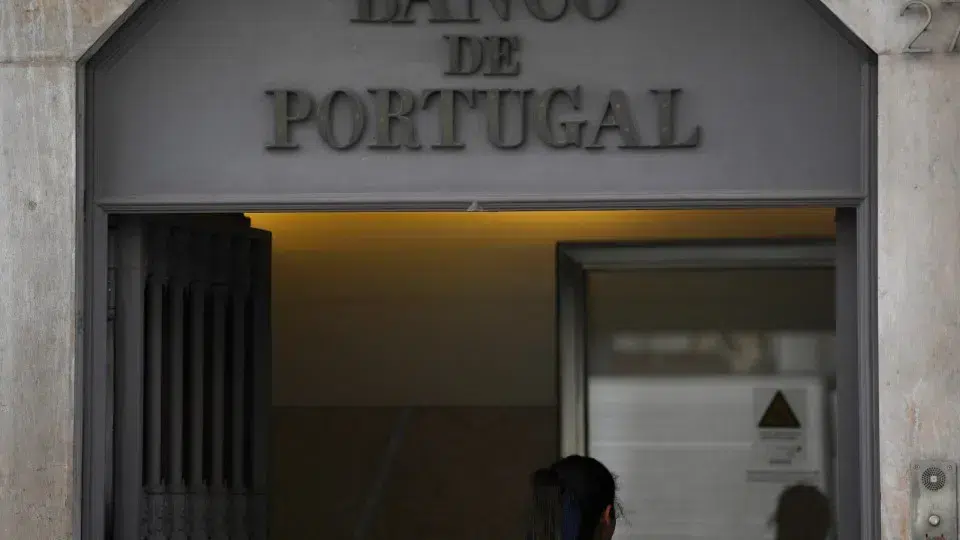
The Bank of Portugal has reported that foreign direct investment in Portugal turned negative in the first half of the year as companies reduced their debt to foreign entities within the same group. Statistical data reveals a negative foreign direct investment amounting to 400 million euros for the first six months, compared to a positive 3.5 billion euros in the same period of 2024.
This decline is primarily attributed to “the reduction of debt by resident entities to non-resident companies of the same economic group,” totaling 1.6 billion euros, according to the central bank. This shift was largely due to these liabilities being reclassified under “portfolio investment,” since they no longer met the criteria for direct investment.
Investments by companies controlled by Spanish investors significantly influenced this trend in the first half of the year. The Bank reported a “reduction in investment from Spain (-2.1 billion euros), which was partially offset by increases in investment from Switzerland (+0.8 billion euros), the United States (+0.3 billion euros), Italy (+0.2 billion euros), and Belgium (+0.2 billion euros).”
Income paid to non-residents from investments in Portugal reached 5 billion euros, which is 100 million euros higher than the same period last year. Conversely, income received in Portugal from non-residents totaled 1.8 billion euros, reflecting a decrease of 100 million euros compared to the first half of the previous year.
Portuguese direct investment abroad amounted to 2.6 billion euros, 200 million more than in the same period last year. The main destinations were European countries, with Spain and the Netherlands receiving investments of 700 million euros each, and France receiving 500 million euros.
An international comparison of direct investment data reveals that “between 2008 and 2024, the weight of foreign direct investment in the Portuguese economy averaged 15 percentage points higher than that recorded for the Organisation for Economic Co-operation and Development (OECD) countries.” Compared to the EU average, “Portugal showed lower values from 2008 to 2023, except in 2013 and 2014.” However, in 2024, “despite a slight decrease in the weight of FDI in GDP, the Portuguese economy recorded a value 5 percentage points higher than the EU average,” according to the Bank of Portugal.
“The globalization of recent decades has significantly increased the proportion of foreign direct investment in most economies. In Portugal, by the end of 2024, the stock of foreign direct investment represented 69% of GDP, marking an increase of 37 percentage points compared to the 2008 level (32% of GDP),” the central bank stated.
During the same period, the FDI stock in the OECD rose from 25% to 53% of GDP, while in the EU, it increased from 36% to 64%. “In 2024, Portugal had one of the highest FDI stocks as a percentage of GDP among the 27 OECD countries analyzed, surpassed only by Luxembourg (1227%), the Netherlands (214%), Switzerland (94%), Estonia (83%), and Belgium (69%). Compared to 2019, Portugal saw an increase in FDI stocks by 2.7 percentage points of GDP, similar to the OECD average (2.6 percentage points). In contrast, during the same period, the EU average experienced a significant FDI decrease (-11.5 percentage points of GDP),” the central bank also noted.




